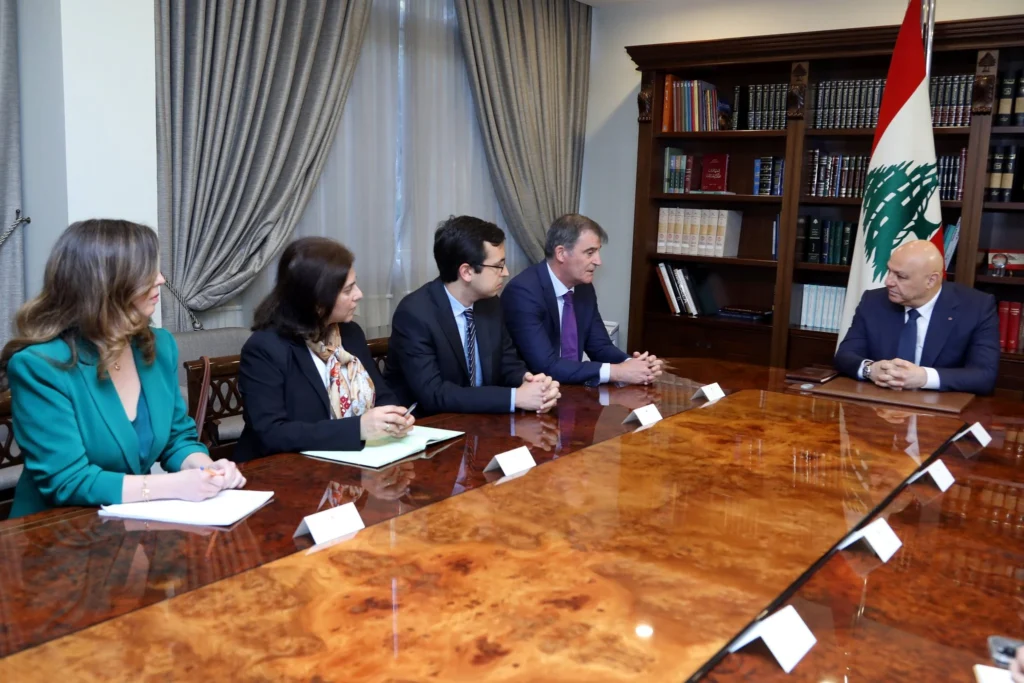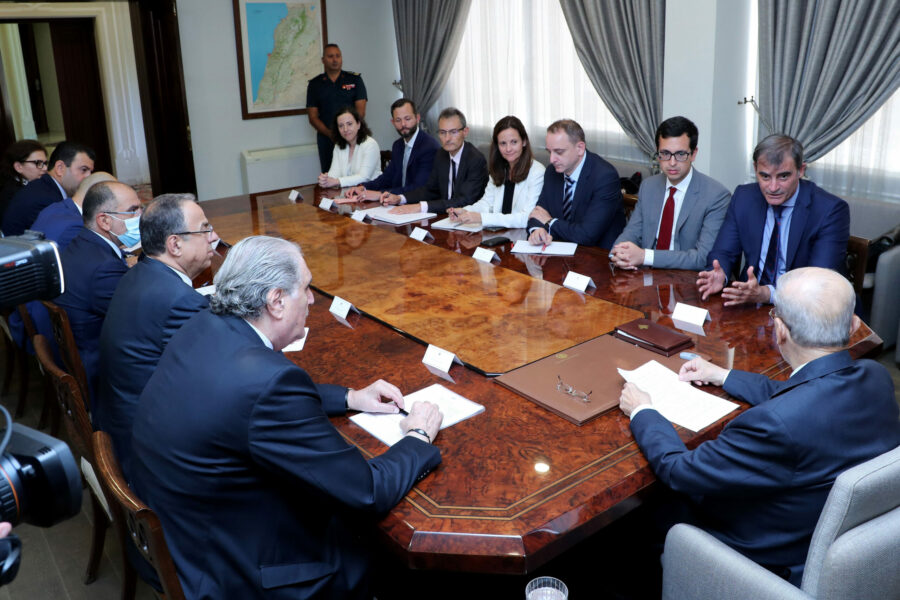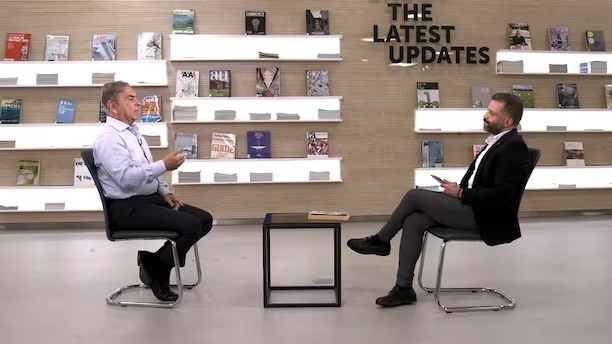IMF Lebanon reform talks are set to resume as the International Monetary Fund prepares to send a team to Lebanon in late September 2025. These talks aim to create a comprehensive reform programme designed to stabilize Lebanon’s economy and restore investor confidence.
Lebanon has faced one of the most severe economic crises in its modern history, with widespread currency devaluation, a collapsing banking sector, and rising inflation. IMF Lebanon reform talks aim to address these challenges through coordinated policy reforms, fiscal discipline, and governance improvements.
Lebanon’s Economic Crisis: Why IMF Lebanon Reform Talks Matter
Lebanon’s economic crisis began in 2019 and has since worsened. The country defaulted on sovereign debt, the banking system has been destabilized, and inflation has skyrocketed. Citizens face dwindling purchasing power, unemployment, and shortages of essential goods.

IMF Lebanon reform talks are essential because they provide a framework for addressing these long-standing issues. Without international assistance and structural reforms, Lebanon’s economic decline could deepen further, exacerbating social instability.
Objectives of IMF Lebanon Reform Talks
The IMF’s primary goal is to help Lebanon achieve economic stabilization and sustainable growth. The IMF Lebanon reform talks focus on

- Fiscal consolidation, reducing deficits and improving budget management
- Banking sector restructuring, strengthening banks to restore confidence
- Governance and transparency, combating corruption and improving institutional efficiency
- Social protection, supporting vulnerable populations during reforms
By addressing these areas, Lebanon can restore investor confidence and create a more stable economic environment.

Banking Sector Reforms in IMF Lebanon Talks
A major focus of IMF Lebanon reform talks is restructuring the banking sector. Banks have suffered massive losses, leaving many depositors without access to their savings. Rebuilding trust is essential for both economic recovery and attracting foreign investment.
Key banking sector reforms include
- Resolving non-performing loans and recapitalizing banks
- Strengthening financial regulations and oversight
- Enhancing transparency and auditing measures to prevent mismanagement
Effective banking reforms will form the foundation for broader economic recovery.
Fiscal Policy and Debt Management
Lebanon’s public debt is among the highest globally relative to GDP. IMF Lebanon reform talks emphasize fiscal reforms to create a sustainable budget and manage debt. Measures under discussion include
- Improving tax collection efficiency
- Reducing unnecessary government spending
- Restructuring debt for long-term sustainability
- Increasing transparency in public finance management
These steps are critical for stabilizing Lebanon’s economy and restoring confidence among domestic and international investors.
Governance and Anti-Corruption Reforms
The success of IMF Lebanon reform talks depends on tackling corruption and improving governance. Lebanon has long struggled with inefficiency and lack of transparency, hindering economic development. Reforms will focus on
- Strengthening oversight of public institutions
- Implementing accountability and transparency measures
- Enforcing laws to reduce corruption and mismanagement
Strong governance reforms will ensure that economic recovery is inclusive and sustainable.
Social Protection Measures in IMF Lebanon Reform Talks
Economic reforms often bring short-term hardships. IMF Lebanon reform talks include measures to protect the most vulnerable populations. Social protection programs may include
- Targeted cash assistance for low-income households
- Ensuring access to essential services such as healthcare and education
- Providing support for food, electricity, and other necessities
These initiatives aim to maintain social stability during the reform process.
Challenges in Implementing Reforms
Implementing reforms discussed in IMF Lebanon reform talks faces several challenges
- Political resistance from stakeholders who may oppose changes that reduce their advantages
- Institutional weaknesses and fragmented governance that could slow reforms
- The need for international support to fund reforms and humanitarian programs
- Public skepticism due to years of economic hardship and lack of trust in government
Overcoming these challenges will require strong leadership, collaboration, and transparent communication.

Expected Outcomes of IMF Lebanon Reform Talks
If successfully implemented, the reforms discussed during IMF Lebanon reform talks could yield multiple positive outcomes
- Economic stabilization with restored confidence in fiscal and banking systems
- Debt sustainability and reduced fiscal pressure
- Improved governance, transparency, and institutional effectiveness
- Social stability through protection for vulnerable populations
- International support and assistance from donors and financial institutions
The success of these outcomes depends on Lebanon’s commitment to reform and international cooperation.
The Road Ahead for Lebanon
The IMF Lebanon reform talks represent a critical opportunity to address long-standing economic problems. Lebanon must demonstrate political will, coordinate across government and private sectors, and secure international backing.
For citizens, the reforms could mean stabilized currency, restored public services, and renewed economic opportunities. For the government, successful implementation would strengthen credibility and lay the foundation for long-term growth.
Failure to implement reforms, however, could prolong economic hardships, increase social unrest, and drive further emigration of skilled professionals.
Conclusion
IMF Lebanon reform talks are more than technical negotiations. They are a pivotal moment in Lebanon’s history. By committing to comprehensive reforms, Lebanon has the opportunity to stabilize its economy, strengthen governance, and improve the lives of its people.
As IMF officials arrive in Lebanon, all eyes are on the country. Success could mark the beginning of a new chapter of recovery, resilience, and hope. Lebanon must navigate the difficult but necessary path toward economic stability and prosperity.
Do follow UAE Stories on Instagram
Read Next – UAE Extradites Firearm Traffickers to Sweden After Dubai Arrests














